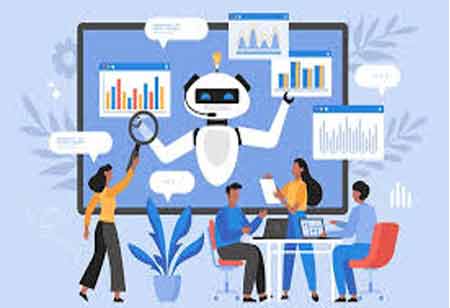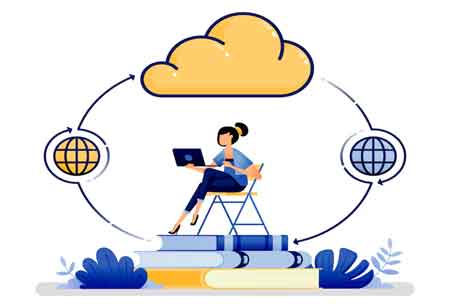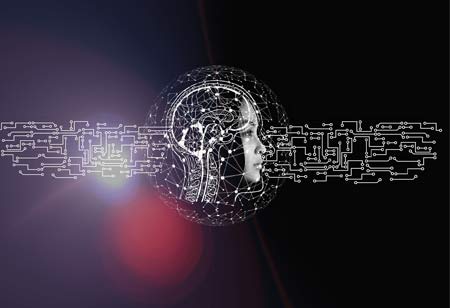THANK YOU FOR SUBSCRIBING
Be first to read the latest tech news, Industry Leader's Insights, and CIO interviews of medium and large enterprises exclusively from Education Technology Insights
The Future of Learning: A Deep Dive into Education Technology
Adaptive learning technologies tailor educational experiences to individual needs, promoting better outcomes and addressing learning gaps.

By
Education Technology Insights | Tuesday, May 27, 2025
Stay ahead of the industry with exclusive feature stories on the top companies, expert insights and the latest news delivered straight to your inbox. Subscribe today.
FREMONT, CA: Education technology is changing the educational landscape by combining digital technologies and novel techniques to improve learning experiences. EdTech is transforming the way instructors educate, and students learn. EdTech evolved from the early usage of computers and instructional software in classrooms. However, the internet and mobile technology introduction has significantly increased its scope and impact. EdTech comprises a wide range of technologies and platforms, including online learning management systems (LMS), virtual classrooms, educational applications, and interactive digital content.
LMS platforms are central to modern education. They provide a digital space where educators can organize course materials, track student progress, facilitate discussions, and conduct assessments. LMS platforms are instrumental in blending traditional classroom learning with online components, making education more flexible and accessible. Online Courses offered by platforms have democratized education by providing accessible or affordable courses from prestigious institutions to anyone with Internet access. The courses cover many subjects and are particularly beneficial for lifelong learners and professionals seeking to upskill.
Adaptive learning technologies use data analytics to personalize education, adjusting content and pacing to meet each student's needs. The approach helps address diverse learning styles and improve student outcomes. AR and VR technologies are creating immersive learning experiences that were previously unimaginable. VR can transport students to historical sites, inside the human body, or even outer space, providing experiential learning that enhances understanding and retention. Intelligent tutoring systems, for example, offer personalized instruction and feedback, while AI-driven analytics provide educators with insights into student performance and engagement.
Chatbots and virtual assistants support students with administrative tasks and academic queries. EdTech breaks down geographical barriers, making quality education accessible to students worldwide. It is particularly beneficial for remote and underserved communities. Online and blended learning models offer students flexibility in accommodating different learning styles and life circumstances. Interactive and multimedia content engages students more effectively than traditional textbooks, enhancing motivation and retention. Digital tools facilitate collaboration among students and between students and educators, fostering a more interactive and connected learning environment. EdTech presents challenges.
The integration of blockchain technology could revolutionize credentialing and secure data management. As technologies evolve, the focus will be on creating more inclusive, engaging, and effective educational environments. Education technology is revolutionizing how we teach and learn, offering unprecedented opportunities to enhance academic outcomes. While challenges remain, the continued innovation and thoughtful implementation of EdTech promise a brighter, more accessible future for learners worldwide.







